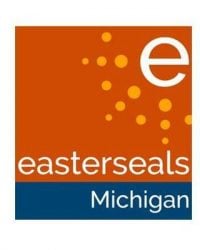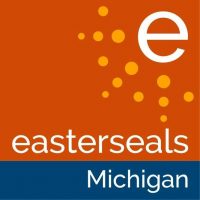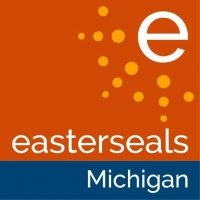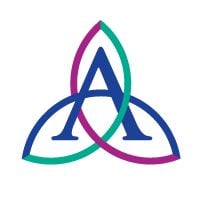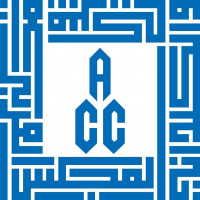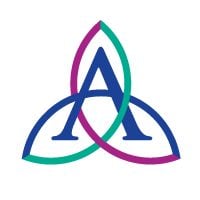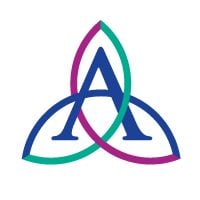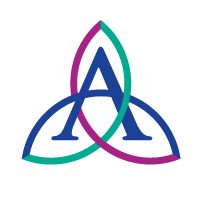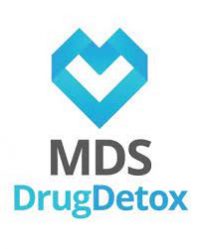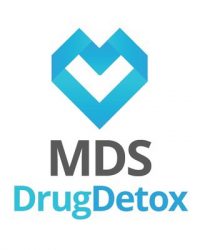Southfield, Michigan Drug Rehab Centers
Drug abuse in Southfield, MI has been an increasing problem in recent years. Data from the US Census Bureau shows that there are over 73,000 people living in Southfield, and according to recent studies, approximately 4.5% of these individuals will struggle with a drug addiction problem.
The most common types of drugs abused are opioids, methamphetamines, benzodiazepines, and stimulant drugs like cocaine and Adderall. If a drug problem is not treated immediately it can lead to serious negative consequences for the addicts, their friends and families, and Southfield as a whole.
Southfield has resources for healthcare and a happy future with a range of drug and alcohol recovery programs all located within Michigan. There are a number of different rehab services available for the treatment of addiction in Southfield.
Finding Treatment is Easier with Help
We will help you find treatment based on your location, budget, and specific needs and help you get started safely.
Free + Confidential Consultation
Browse 25 Centers in Southfield, Michigan
Easterseals Michigan offers evidence-based and person-centered services for individuals and families dealing with substance abuse and mental health issues, providing tailored care plans and a range of treatment services including aftercare, rehab, dual-diagnosis, and counseling.
Easterseals Michigan - Southfield is a non-profit organization in Southfield, Michigan that provides professional and supportive services, including outpatient counseling and medication-assisted treatment, to individuals and families dealing with substance abuse issues in the greater Southfield area and beyond.



Easterseals Michigan - Southfield in Southfield, Michigan is an accredited treatment facility that offers high-quality addiction and mental health treatment services including aftercare support, drug rehab, dual-diagnosis treatment, and intensive outpatient programs, accepting private health insurance to provide accessible support for individuals seeking professional help in their recovery journey.

Ascension Eastwood Behavioral Health - Greenfield
Ascension Eastwood Behavioral Health - Greenfield is a treatment center that offers a range of services for those struggling with opioid addiction, substance abuse, dual diagnosis, and drug addiction, with treatment methods including CBT, family therapy, and more.
Arab American and Chaldean Council - Southfield is an addiction treatment center that emphasizes respect and dignity for those they serve, providing culturally sensitive care and offering a wide range of treatment options, support services, and resources to help individuals achieve their recovery goals.
Eastwood Clinics in Southfield, Michigan is an accredited outpatient addiction and mental health treatment center that offers individualized treatment plans, evidence-based treatments, relapse prevention planning, medication management, education and support services, and access to local resources to help individuals achieve and maintain sobriety.


Oakland Psychological Clinic - Southfield is a full-service psychological clinic specializing in addiction and substance abuse treatment, providing evidence-based treatments and tailored services in a safe and comfortable environment with a multidisciplinary staff, earning accreditations from the Joint Commission and CARF, and recognized as one of the best substance abuse programs in Detroit.



Advanced Counseling Services - Southfield provides individualized, evidence-based addiction treatment services, including detoxification, therapy, medication-assisted treatment, and comprehensive aftercare services, with a focus on empowering clients to live healthier, more productive, and more fulfilling lives.

Woodward Clinics offers outpatient, aftercare, dual-diagnosis and intensive outpatient treatment using various evidence-based treatments such as CBT, DBT, Trauma Therapy, and more, and is accredited by SAMHSA and licensed by the state of Michigan, while accepting private health insurance, to provide tailored care to individuals seeking treatment for addiction.


Advanced Counseling Services - Southfield
Advanced Counseling Services - Southfield is an outpatient drug and alcohol treatment center in Southfield, Michigan, offering a range of clinical programs and services, including counseling, medication-assisted treatment, dual diagnosis treatment, trauma-informed care, intensive outpatient programs, detoxification services, family therapy, and resources for continued recovery.
Providence Hospital - Behavioral Health in Southfield, Michigan is a nonprofit hospital providing quality inpatient and outpatient care for mental health and substance abuse issues through personalized treatment plans, detoxification services, psychiatric stabilization, and specialized programs for specific diagnoses and communities.


Oakland Psychological Clinic - Southfield
Oakland Psychological Clinic - Southfield is a well-respected mental health provider in Michigan that specializes in addiction and substance abuse treatments, offering evidence-based therapies, support services, and Medication Assisted Treatment, with a team of experienced clinicians and multiple treatment modalities.
Eastwood Clinics is a trusted and accredited addiction treatment center in Southfield, Michigan that offers a range of services and accepts private health insurance to ensure accessibility to treatment.


Providence Hospital and Medical Center is a mental health and addiction treatment facility in Michigan that offers specialized services to individuals and their families, including evidence-based treatment programs, medication-assisted treatment, and family therapy.

Horizon Treatment Center is a licensed and accredited addiction treatment center offering evidence-based therapies and holistic modalities for comprehensive, individualized treatment in Southfield, Michigan.
Pathway Family Center
Pathway Family Center in Southfield, Michigan provides recovery services and support for drug and alcohol addiction through family therapy, drug rehab, and residential long-term care with a focus on personalization and scientifically backed methods.
Senica
Senica is a residential addiction treatment facility in Southfield, Michigan that provides evidence-backed, multidisciplinary services including individual, family, and group counseling, trauma-informed care, art therapy, and yoga while holding multiple accreditations and awards for their quality care.
Michigan Detox Specialists
Michigan Detox Specialists provides integrated addiction treatment services, including medical detoxification, therapeutic interventions, and family support services, in a safe and compassionate environment, with personalized, evidence-based therapies and group activities to support long-term recovery for clients struggling with substance abuse and mental and behavioral health issues.
MDS Drug Detox
MDS Drug Detox in Southfield, Michigan provides comprehensive detoxification, treatment, and rehabilitation services for individuals with substance use disorders, utilizing evidence-based treatments and a range of services including counseling, therapy, and referrals to outside resources.
Clean House
Clean House is a drug rehabilitation center located in Southfield, Michigan that specializes in customized treatment plans and evidence-based treatments to help individuals overcome addiction and lead healthier lives.
Cornerstone Rehabilitation
Cornerstone Rehabilitation in Southfield, Michigan provides personalized drug and alcohol addiction treatment, dual diagnosis care, and 12-step support in a structured and supportive environment to empower clients with tools for long-term recovery and healing.
Counseling Associates
Counseling Associates is a rehabilitation center in Southfield, Michigan that offers drug rehab programs, group therapy sessions, and a residential long term program to help individuals struggling with substance abuse or addiction towards long-term recovery, along with other services such as family therapy and aftercare planning.
Education Training Research Services - Southfield
ETRS Southfield is a Michigan-based facility providing evidence-based substance abuse and addiction treatment services, such as individual and residential therapy, drug rehab, and dual diagnosis programs, tailored to the individual needs of each client.
Family Services - Southfield
Family Services - Southfield is an addiction treatment center in Michigan that offers evidence-based treatment options and a team of experienced counselors and mental health professionals to assist clients in overcoming their addiction and achieving sobriety.
Clark and Associates - Psychological Services
Clark and Associates is a reputable mental health and substance abuse treatment facility in Southfield, Michigan that offers evidence-based treatment modalities and specialized programs, as well as individual and group counseling, recovery coaching services, and access to the latest therapies and medications.
Drug and Alcohol Treatment in Southfield, MI
In Southfield, treatment options are available to anyone who exhibits signs of drug abuse. Drug and alcohol rehab in Southfield can help addicts overcome their addictions and return to a healthy, productive lifestyle.
The most important factor in determining which drug or alcohol rehab program is most effective for addicts is the addict’s personal commitment to their sobriety. Through rehab, addicts will learn about the dangers of drug abuse and receive support from professionals, friends, family, and fellow addicts who are all working to help them stay sober.
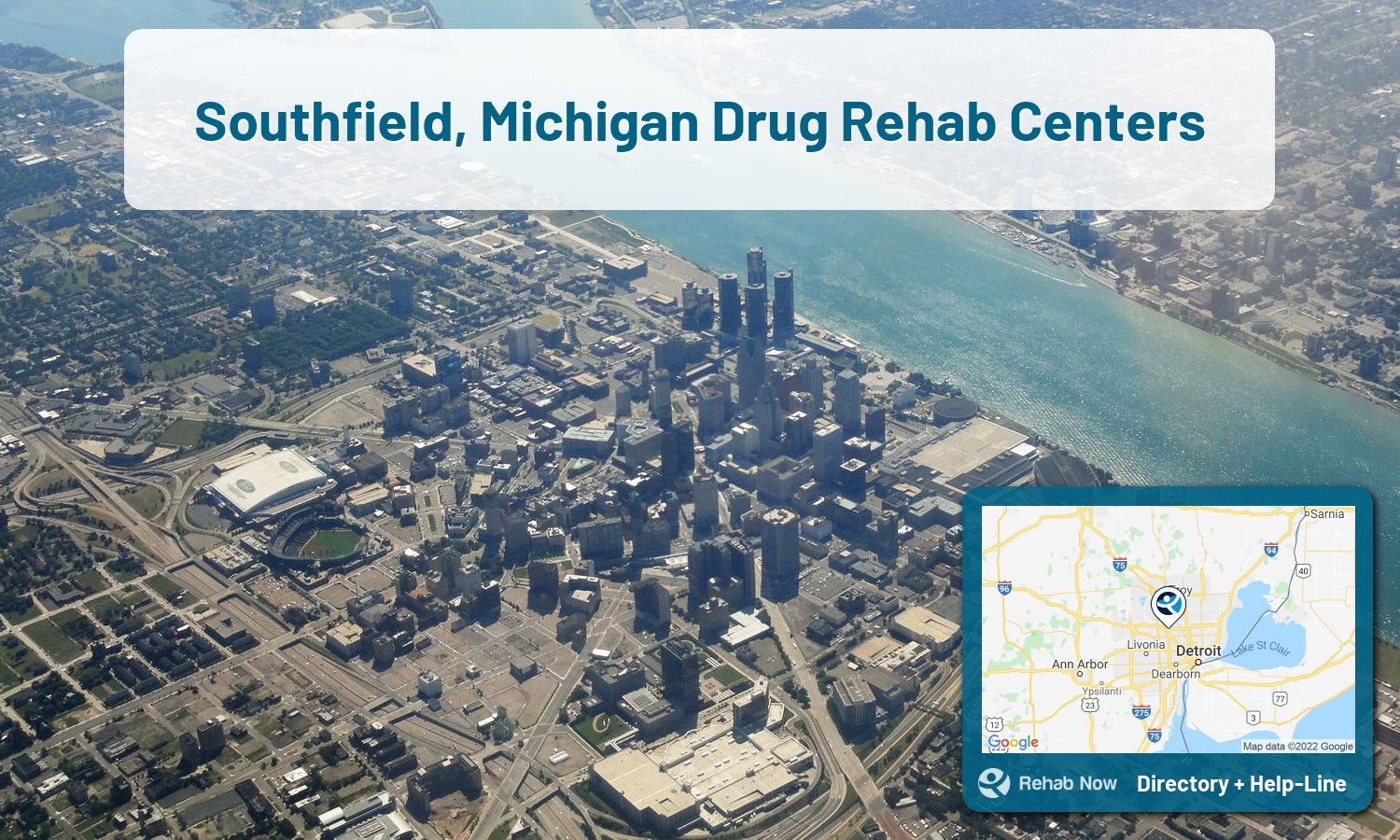
What types of treatment are available in Southfield, Michigan?
There are a number of drug treatment options available for addicts in Southfield, Michigan. Some of the most popular treatments include inpatient and outpatient programs, 12-step programs, and holistic therapies.
Inpatient drug treatment programs require addicts to live at the facility while they receive treatment. Outpatient programs allow addicts to continue living at home while they receive treatment.
12-step programs are based on the 12 steps of Alcoholics Anonymous, and they provide support and guidance for recovering addicts. Holistic therapies use natural methods to help addicts recover, such as acupuncture, meditation, and yoga.
Drug Abuse Statistics in Southfield, Michigan
The most recent national survey shows, In Southfield, there were 117 drug arrests in the year 2008. In a survey among teens and young adults in Southfield, MI aged from 12 to 25, almost 15% had abused a prescription drug.
For those aged from 12 to 17, alcohol and marijuana were the drugs of choice. For those aged 18 to 25 years old, prescription drugs such as OxyContin and Vicodin were the drugs of choice. In Southfield, there were 23 drug-related overdoses in 2008. Of those who overdosed, 49% were male and 51% were female.
- Around 7% of Southfield students reported using marijuana at least once.
- Around 4% of Southfield residents reported using prescription drugs for non-medical reasons.
- Around 3% of Southfield students reported using methamphetamines at least once.
- Among high school students, around 17% have driven under the influence of alcohol at least once.
Additional Treatment Centers in Michigan
Michigan has the second-highest rate of drug and alcohol abuse in the nation. Heroin is linked to more than 50% of the state's hepatitis C cases. Marijuana is the drug most often associated with crimes in Michigan, followed by methamphetamines. Opioids alone are responsible for almost 20% of all drug overdose deaths in Michigan.
Still haven't found the right recovery center? Browse nearby Michigan cities.
- Charlevoix, MI (221.4 mi.)
- Roseville, MI (15.4 mi.)
- Oscoda, MI (135.1 mi.)
- Newberry, MI (291.3 mi.)
- Oxford, MI (24.7 mi.)
- Burton, MI (41.5 mi.)
- Detroit, MI (13.6 mi.)
- Royal Oak, MI (4.9 mi.)
- Hamtramck, MI (10.9 mi.)
- Hillsdale, MI (80.8 mi.)
- Millington, MI (58.2 mi.)
- Franklin, MI (5.1 mi.)
- Detroit, MI (142)
- Grand Rapids, MI (78)
- Flint, MI (53)
- Ann Arbor, MI (52)
- Lansing, MI (38)
- Saginaw, MI (35)
- Kalamazoo, MI (33)
- Traverse City, MI (27)
What are the Signs of a Drug Addiction?
It’s hard for an outsider to tell if someone is a drug addict. In order for loved ones and friends to determine whether or not a person needs help for drug addiction, they should pay attention to the following signs:
- Physical signs of drug abuse include needle marks, skin abscesses, or constant sniffling.
- Behavioral signs include constantly looking anxious or agitated, persistent boredom, isolation from friends and family.
- Psychological signs include sudden personality changes, paranoia, hallucinations, and lying about substance abuse habits.
Why Quitting Drugs Is Harder Than You Think
Someone who has lived in Southfield for many years, or who grew up there may know that drug addiction can destroy lives. One of the hardest parts about quitting drugs is the cravings addicts will experience once they stop using.
These cravings are very powerful and often compel addicts to relapse after they have gone through rehab and stopped abusing drugs or alcohol. This is why it is important for addicts to receive support from friends and family members after they leave rehab.
Many drug addicts have to go through multiple rehabs before they are finally able to stop abusing drugs for good. Unfortunately, many addicts don’t commit themselves fully to recovery until after they have already hit rock bottom and ended up in jail or prison, losing their families, friends, and livelihoods due to addiction.
Addicts should keep the following in mind about drug cravings:
- Cravings are often the number one reason why addicts relapse.
- Cravings are often triggered by external or environmental factors.
- A craving can last between one to five minutes, but it may feel like an eternity to the addict.
Would Mental Health or Counseling Help with Addiction Problems?
When addicts are suffering from mental health problems or illnesses that require long-term care, they often find it hard to quit drugs. Mental health is closely related to addiction, and the two often feed off of each other in vicious cycles that are hard to break.
One way addicts can recover is by receiving counseling or treatment for their mental health conditions along with professional help to stop abusing drugs. This will make it easier for an addict’s family members to spot the signs of drug abuse since they won’t have to wonder if their family member’s strange behaviors are due to mental illness or addiction.
How to Choose a Drug Treatment Facility
One of the most important parts about going to a drug treatment facility in Southfield is the addict’s level of commitment. If a drug addict isn’t 100% committed to quitting drugs, they are unlikely to succeed.
Whether or not addicts are totally committed to recovery affects how likely it is for them to follow through on treatment plans. If addicts leave rehab early, they may return back to their old habits and the drug addiction cycle will continue.
When deciding on a treatment facility, addicts should consider the following factors:
- Is the facility licensed by the state?
- How long has the facility offered addiction treatment services?
- What is the facility’s success rate in treating drug addicts?
- Can family members attend support group meetings with their loved ones for extra help and support?
- What type of treatment options are available?
- Does the facility accept private insurance or offer financing options?
- Does the facility accept individuals with criminal records?
- Does the facility offer job training and other types of therapy?
- Are there staff members who specialize in treating drug addiction issues, or are they, generalist physicians?
- Are there outside facilities that permit addicts to go on extended outdoor walks and hikes during physical therapy?
- What Schedule Will You Keep After Rehab: Working, School, or Job Hunting?
Another important part of going to a drug treatment facility in Southfield is working with the staff members at the facility to determine an appropriate schedule for aftercare. This will help the addict stay on track for the rest of their lives.
An effective aftercare schedule includes regular support group meetings, individual therapy sessions with a therapist, regular check-ins with counselors to discuss any potential triggers that may lead to relapse, and activities that keep addicts busy and help them feel productive.
Southfield, MI Treatment Centers. Find drug rehab in Southfield, Michigan, or detox and treatment programs. Get the right help now! (888) 674-0062.
